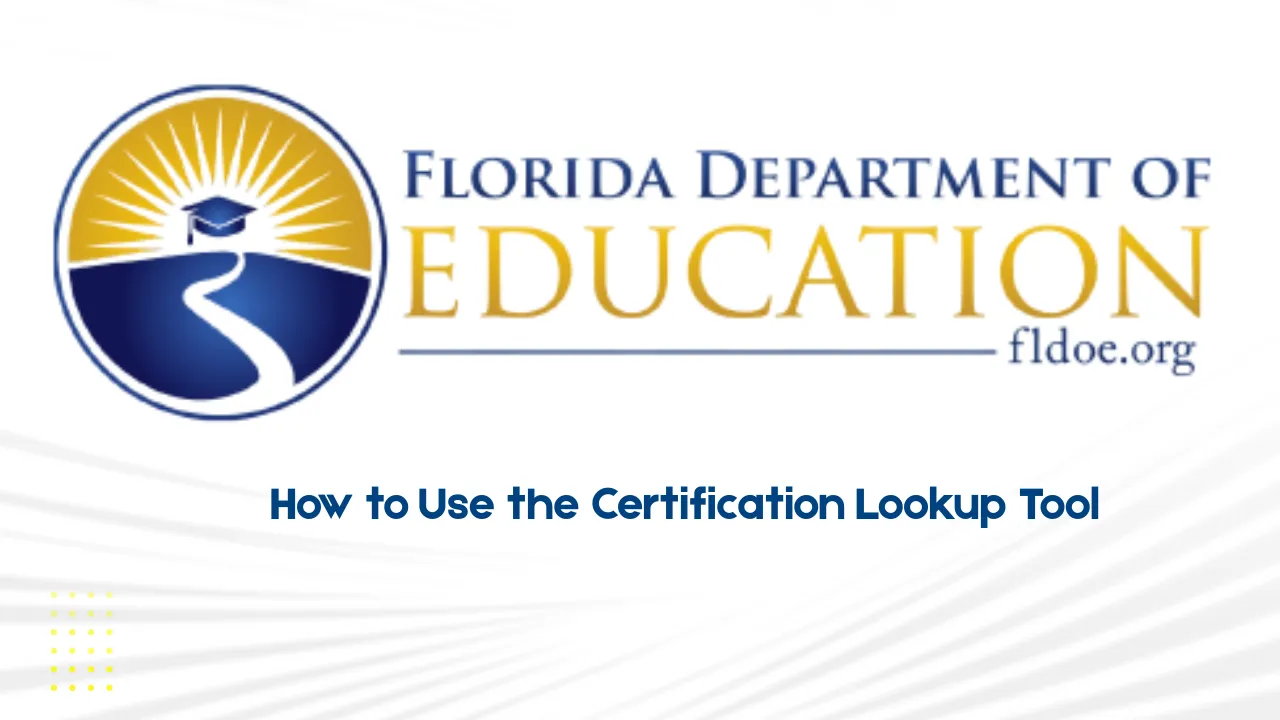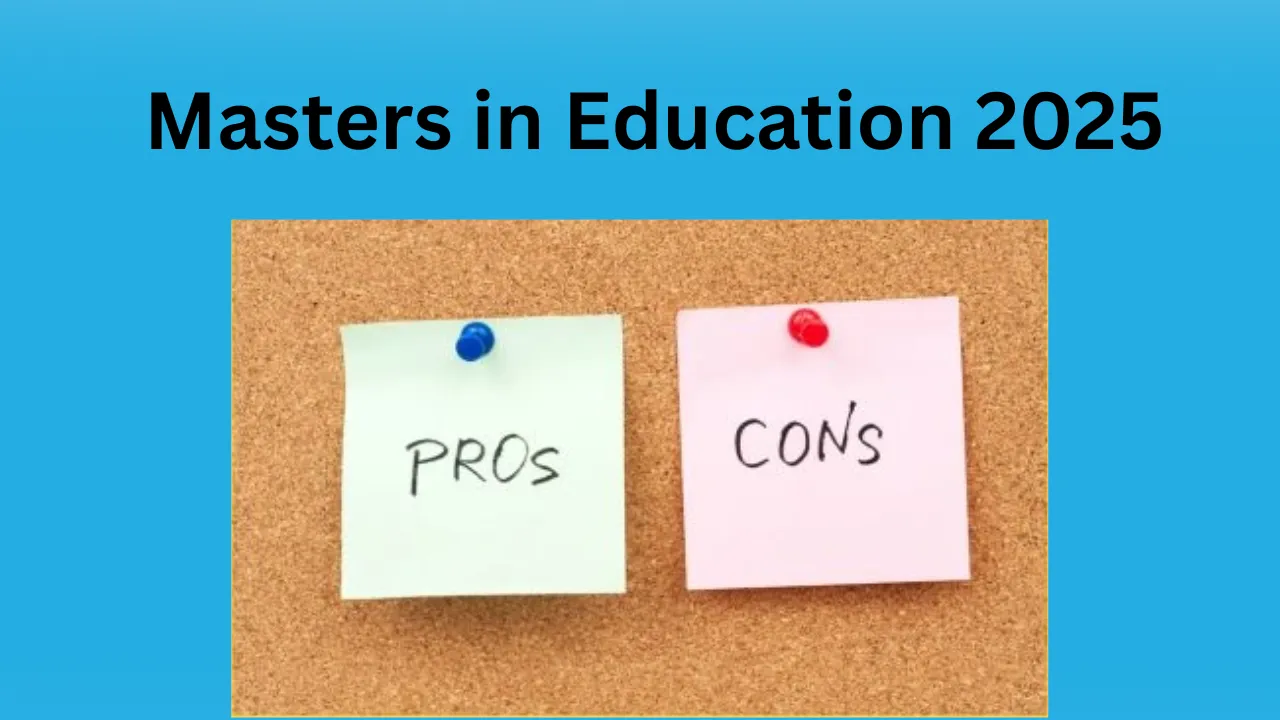Online Education in 2025: The rise of online learning has dramatically reshaped how people access education globally. From busy professionals upskilling to students seeking flexible degree options, the digital classroom has become a central force in modern education. But with evolving technology and changing job markets, many are asking: Is online education in 2025 still worth your time and money?
In today’s remote-first world, the answer lies in how you approach learning. Online education in 2025 offers unmatched flexibility, affordability, and industry-aligned skills. However, its value depends on program quality, your personal discipline, and how well it aligns with your goals.
The Role of Online Education in 2025
Online education in 2025 has moved far beyond pre-recorded lectures. It’s now a global hub for degrees, certifications, and career-specific bootcamps offered by top institutions. Thanks to AI-driven tools, personalized learning, and virtual collaboration, digital programs can match—if not surpass—traditional education formats.
Interactive tools, real-time feedback, and mobile access make learning engaging and dynamic. Students can now choose between asynchronous or live formats, with features like virtual labs and simulation-based training.
Overview Table: Online Education in 2025
| Key Factor | 2025 Perspective |
| Flexibility | Learn anytime, anywhere; ideal for working adults and parents |
| Affordability | Lower tuition with no commute or campus costs |
| Diversity of Programs | Courses in business, tech, design, healthcare, and more |
| Reputation | Credentials from top universities and global employers |
| Skill Development | Real-world skills, project-based learning, and certifications |
| Employability | Recognized by companies; often includes capstone projects |
| Accessibility | Global reach; all you need is internet access |
| Self-Discipline | Success relies on strong time management and motivation |
Flexibility and Convenience in Online Education
One of the biggest reasons people choose online education in 2025 is flexibility. Whether you’re juggling a job, parenting, or living in a remote location, online platforms let you study at your pace. Rewind lectures, review quizzes, or study late at night—it’s all designed to fit your life, not the other way around.
Platforms like Coursera, edX, and LinkedIn Learning allow learners to pursue education without quitting their jobs or relocating.
Cost-Effectiveness of Online Learning
Compared to traditional degrees, online learning is far more affordable. No campus housing, no travel, and lower tuition mean huge savings. Additionally, scholarships, employer sponsorships, and low-cost certificates make it easier to access top-quality education.
This is especially helpful for those seeking microcredentials or bootcamp-style programs to quickly upskill.
Reputation and Recognition of Online Programs
Ten years ago, online degrees may have had a stigma. In 2025, that’s no longer the case. Programs from Penn State, MIT, and companies like IBM, Meta, and Google carry significant weight. Many online courses are built and delivered by the same faculty as on-campus ones.
Online students are seen as self-motivated, tech-savvy, and capable of independent work—skills employers highly value.
Challenges of Online Education in 2025
Despite the benefits, there are a few challenges worth noting:
- Self-Motivation: Without a teacher physically present, students must manage their time well.
- Tech Barriers: Inconsistent internet or outdated devices can disrupt learning.
- Limited Social Interaction: Some miss the in-person discussions and networking.
- Subject Suitability: Hands-on fields like nursing or lab sciences may still require hybrid formats.
Overcoming these hurdles often means selecting the right platform, staying organized, and accessing support services.
Is Online Education in 2025 Still Worth Your Time and Money?
Absolutely. If you select quality programs and stay committed, online education in 2025 offers huge returns. Here’s why:
- You gain in-demand, job-relevant skills.
- You save on tuition and travel.
- You build a schedule around your life—not the other way around.
- You earn credentials that employers respect.
- You can shift careers or deepen your current expertise with ease.
The key lies in choosing accredited courses with hands-on learning, mentor access, and real-world projects.
Scope of Online Education in 2025
The scope of online education in 2025 is broader than ever. Fields once limited to campuses are now taught through immersive digital platforms. Programs are available in:
- Technology: coding, cloud computing, AI
- Business: finance, digital marketing, entrepreneurship
- Healthcare: telemedicine, health informatics, medical billing
- Creative Fields: film editing, graphic design, creative writing
Additionally, short-term programs and microcredentials are helping people pivot careers quickly. With AI and automation changing industries, lifelong learning through online platforms is now a necessity, not an option.
Final Thought: The Future of Education Is Digital
We’ve reached a point where a traditional classroom is no longer the only path to quality education. In 2025, online education stands tall as one of the most efficient, flexible, and effective learning models.
Whether you’re upgrading your resume, switching industries, or chasing a passion, digital learning opens doors. The convenience, affordability, and global reach make it a no-brainer for motivated learners.
Ready to invest in your future? Explore accredited programs today, compare reviews, and pick one that aligns with your goals. Start now—and turn your ambitions into achievements from the comfort of your home.
FAQs
1. Is online education in 2025 recognized by employers?
Yes, most employers now value online education, especially when it comes from accredited universities or well-known industry platforms. Many programs include practical projects and certifications that align with current job market needs.
2. Can I get a job with an online degree or certificate?
Absolutely. As long as the course is from a credible source, online degrees and certifications are widely accepted in tech, business, healthcare, and many other fields. Highlighting hands-on experience from the course can strengthen your resume.
3. What are the biggest advantages of online education in 2025?
Flexibility, affordability, and accessibility are the top benefits. You can learn at your own pace, save money, and access global programs without relocating.
4. Are online courses cheaper than traditional ones?
Yes. Most online programs have lower tuition fees and eliminate extra costs like commuting, housing, and campus fees, making them more budget-friendly.
5. What skills do I need to succeed in online learning?
You’ll need basic tech literacy, time management, and self-discipline. Being organized and setting a consistent study routine are key to making the most of your online learning experience.

















